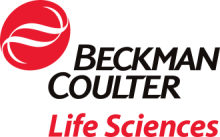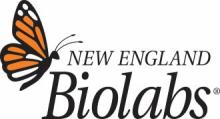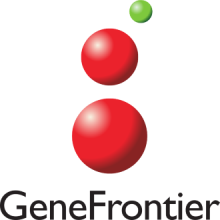Session Area Descriptions
SESSION 1: Advanced Circuit Design
This session will focus on the development of novel biological circuits that utilize new parts (or non-standard circuit designs) and/or engineered proteins towards the development of toolkits, applications, or proof-of-concept designs for next-generation systems. Engineered systems can be developed in a single chassis cell or a consortium of cells.
SESSION 2: Next-Generation Metabolic Engineering
Topics for this session will include the development of novel biocatalysts and heterologous biosynthesis pathways that utilize a single chassis cell or communities of cooperative cells.
SESSION 3: Modeling and Quantitative Synthetic Biology
This session will highlight advances in modeling circuit and/or processes using state-of-the-art mathematical models and/or computational strategies. Studies can include aspects of quantitative biology, control theory, AI/ML, iterative experiments and theory (or the like).
SESSION 4: Biomedical Applications that Leverage Synthetic Biology
This session will focus on advances in the development of biomedical applications that are enabled by synthetic biology tools. Applications can include (but are not limited to) diagnostic tools, living therapeutics, and tools for drug delivery.
SESSION 5: Synthetic Biology Wetware Meets Hardware
This session seeks to highlight advances in synergistic developments between biotic (engineered cells) and abiotic (hardware or materials) systems. Topics that focus on novel interfaces, advances in the development of high-throughput approaches, or bioelectronics are of particular interest.
SESSION 6: Synthetic Biology Beyond Canonical Chassis Cells
This session is aimed at developments in chassis cells or consortia other than E. coli. Chassis cells of interest include (but are not limited to) plants, yeast, mammalian cells, and prokaryotic cells (or consortia) other than E. coli. Developments can range from proof-of-concept circuit development to applications of any sort.
SESSION 7: Synthetic Biology vs. Societal Challenges
This session will focus on the application or use of synthetic biology systems (or toolkits) toward a significant societal challenge. Examples of societal challenges include but are not limited to carbon capture, energy, biological security, nutrition, agriculture etc.
SESSION 8: Engineered Biological Materials
This session seeks to highlight accomplishments in the development of materials enabled via the use of synthetic biology systems and related tools. The resulting materials can be represented by living and non-living materials. Work that includes application of the resulting materials are of particular interest.








